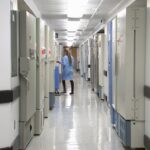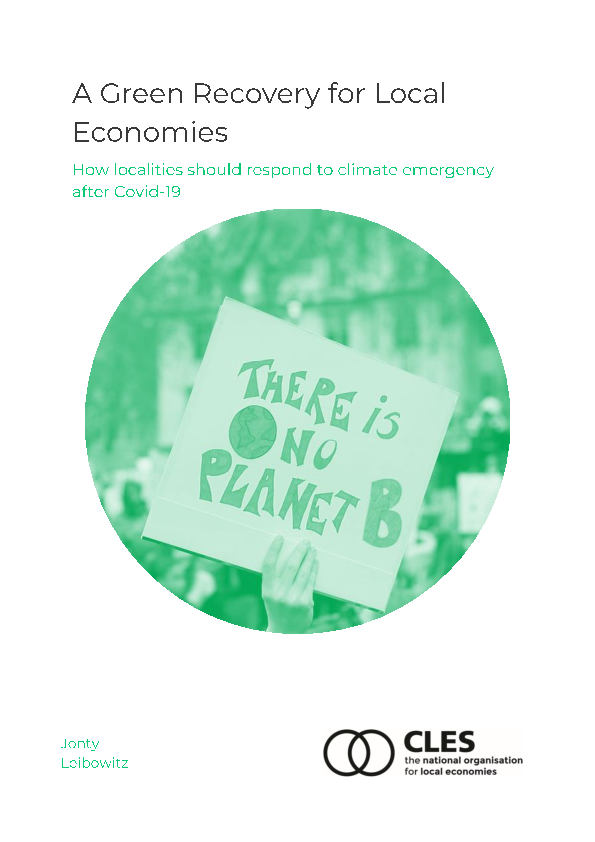NHS: supporting those furthest from the labour market
This article first appeared in the HSJ.
NHS trusts and health boards should take the lead in deploying progressive employment interventions at local level, which can be used to leverage employment opportunities towards people who are farthest from the jobs market, write Tom Lloyd Goodwin and David Burch.
Despite the claim that unemployment has now peaked, and reports of record vacancies in some sectors, 1.6 million people face uncertainty in the workplace as the furlough scheme comes to an end in the UK. In this context, increased youth unemployment is predicted to be a painful hangover from Covid-19 in the UK as we undergo wider economic recovery.












